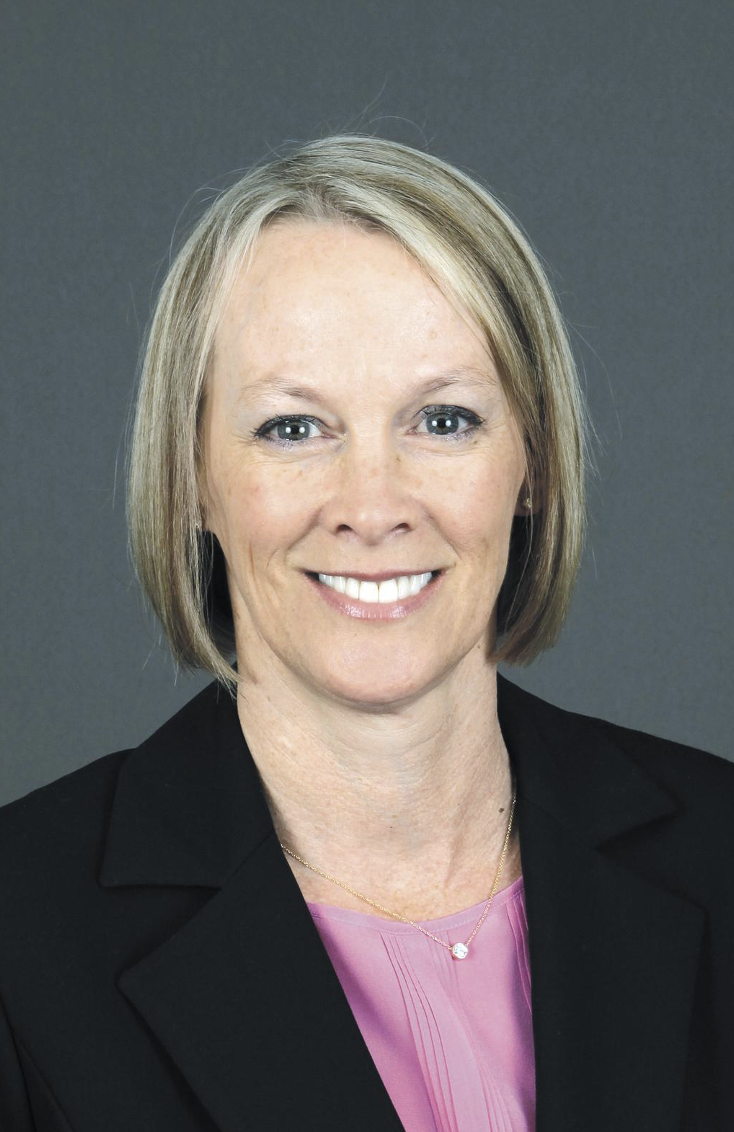The oncology nursing profession has many different paths that allow people to provide care in various ways. Some may work in clinics, others in hospitals, and some as travel nurses.

I manage an 80-bay hospital-based outpatient infusion center for our oncology service line. We administer chemotherapy, immunotherapy, blood products, and other supportive therapies, and have frequently used travel nurses to supplement our staffing. Our travel nurses work hand in hand with the rest of the team. They fill critical gaps in staffing for us during holidays, high vacancy rates, and surges in patient volumes as the need fluctuates.
At my institution, travel nurses have 13-week assignment periods, and many choose to extend their contracts at least once. We require them to have outpatient infusion experience, along with an active ONS chemotherapy immunotherapy provider card, and follow an expedited orientation before they come on board. That typically includes completing virtual learning modules before their first practice day and a one-week clinical orientation with a preceptor who validates their competency and skills through written tools, observations, and check-ins throughout their contract. We also coach them when needed and provide just-in-time feedback.
The primary challenges we face with travel nurses are the financial burden and team member satisfaction. Paying for travel nurses can be a huge burden on a hospital system, but nursing care cannot be replaced by other disciplines. Nurses can pick up the slack during cleaning staff, scheduling, registration, and minor maintenance issues shortages, but none of those disciplines can step in as a nurse. Travel nurses are vital when we need someone quickly who can assume a full assignment in a relatively short time.
Other challenges are unique to each clinic or hospital. For us, it’s timing: Charlotte has two large hospital systems that focus on cancer care, so our permanent oncology nurse recruitment is limited to a small pool. It may take weeks to months to onboard new nurses with the lag between financial approval, recruitment, the interviewing process, vetting referrals, making offers, and scheduling orientations.
I’m thankful that the travel nurses we’ve used have been skilled, competent, confident, friendly, and flexible to our needs, and their presence has benefited our practice. I love every one of the travel nurses I’ve met and worked with and respect their bravery, ambition, and sense of adventure. When it comes down to it, we want everyone to give the best care to our patients, whether they plan to be with us for a few months or years to come.
If you are considering travel nursing, maintain your proficiency and competency through ONS’s continuing education offerings, but also remember to show grace, respect, and appreciation for any team you work with. Teamwork is essential as we deliver high-quality care.






